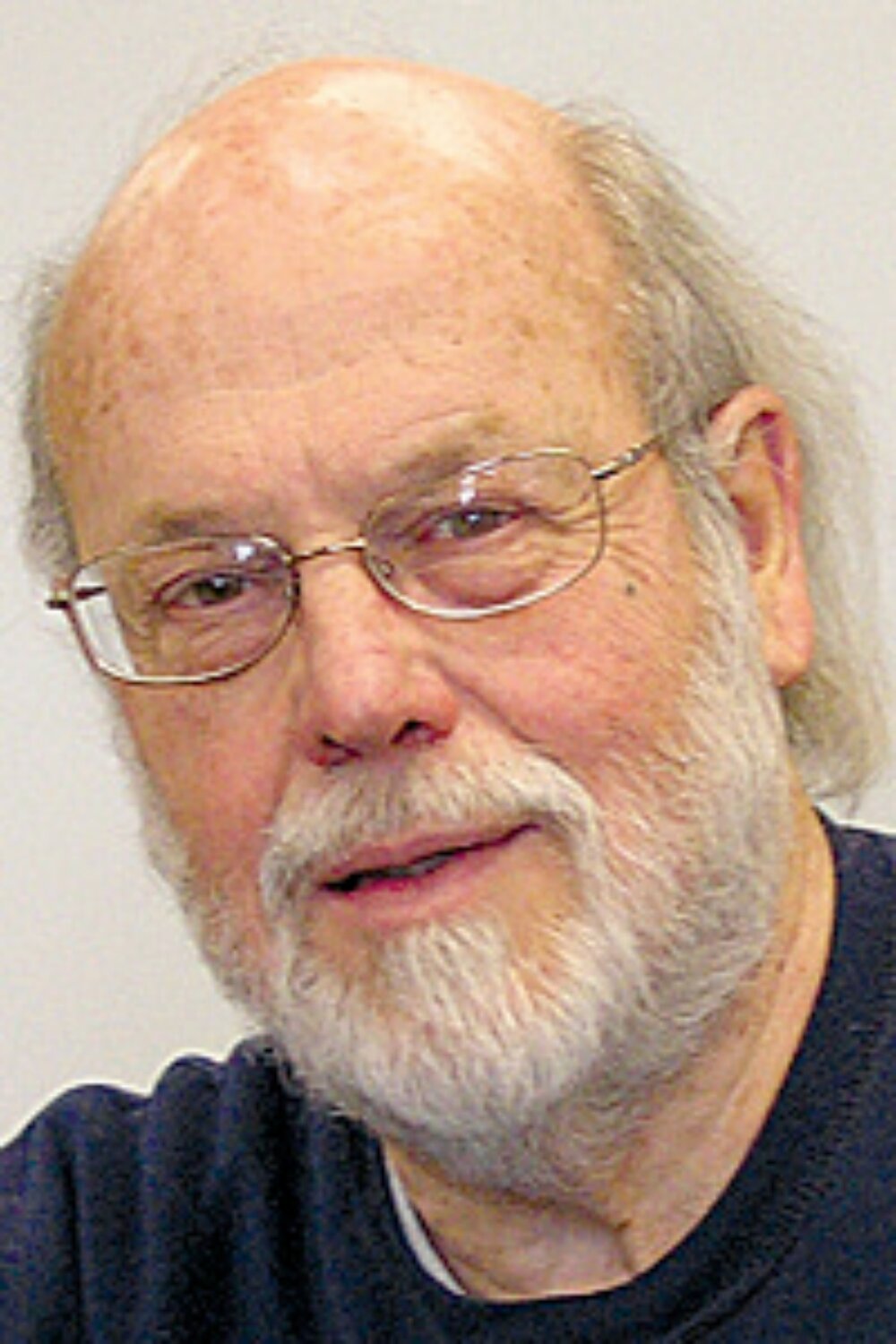Our house was built in 1890. When we bought it in 1979, we learned that it belonged to the community’s first doctor. He later had an addition built to better accommodate his patients, as his practice was located in his house. This explains why there are two entrances at the front of the house and two kitchen areas, one on each side of the main floor.
Apparently, after the doctor’s death, the house remained in the possession of his extended family until it was purchased by the Catholic church across the street a few years later. They initially used it as a home for the Catholic sisters who served the community. (When our children were growing up, I always told them that the strange musical noises coming from our refrigerator were actually the sisters – now angels – playing their harps.)
In 1975, our house became a home for refugees from Vietnam. The local Catholic Church was one of those religious communities that was ready to welcome and accommodate the refugees from that war-torn country. Church members donated whatever was needed to make the house a home.
When we arrived in 1979, the refugee crisis was over and the house had been bought by someone who wanted to convert it into a duplex. The passage from one side of the house to the other was now a wall. For several days we had to get to the other side by going up the stairs on one side and down the stairs on the other, or by going through one front door into the other.
We were also grateful for the annual spring cleaning in Brookings. The new owner had cleaned out the house and many of the refugee donations ended up in our shed and backyard. Most of the stuff we stored in the shed we were able to put out on the curb. But luckily the city workers came into the yard to pick up the larger items, stoves, washing machines and all kinds of household appliances. I think we filled a whole truck!
This house has been our family home for 45 years, but it was only two days ago that I learned a little more about its history.
The doorbell rang. I wasn’t sure which door it came from, so I checked the west door first. There was no one there, so I went to the other door. There was no one there either, so I stepped out onto the porch to see if it was a delivery. I noticed a couple walking their dog, and when he turned and saw me, he came running across the yard toward me. Smiling and breathless, he introduced himself as a former resident of the house. His family were Vietnam refugees who had lived in the house in 1975, when he was seven. We told stories about the huge Dutch elm in the side yard, now long gone and replaced by a huge maple, about the garden in the back yard, and about how we both agreed that the outside of the house was painted a horrible green in both “75” and “79.” I invited him in and listened to him reminisce as we walked from room to room.
His enthusiasm was infectious. It was a wonderful 30 minutes and I got a very special insight into the history of this 124-year-old house. It also made me think more deeply about the main election issue facing our country today: immigration! There is so much in this issue: race and racism; labor issues and the economy; Christian nationalism and religious diversity; gender equality or patriarchy; gates or walls.
We have a decision to make. During President Trump’s administration, legal immigration fell to its lowest level in history. Immigration from the following countries was restricted: Iran, Iraq, Libya, Somalia, Sudan, Syria, Yemen, Venezuela, North Korea, Eritrea, Kyrgyzstan, Myanmar, Nigeria, Chad, and Tanzania. Many of them were, as Trump called it, shithole countries. We also remember the travel ban on Muslims. In Brookings, it resulted in dozens of SDSU students being afraid to go home because they could not return. Meanwhile, despite the wall, illegal immigration continued unabated.
Earlier this year, a bipartisan bill was being drafted in Congress that President Biden was prepared to sign. It would have provided additional border and immigration staff, which are critical to the agency’s efficient operation, invested in technology to prevent the importation of fentanyl, made sweeping reforms to the asylum system, and given the president the authority to close the border if the system was overwhelmed. Republicans ultimately rejected this proposal as Trump sought to make immigration a major issue in his campaign for the 2024 election.
Our visitor now lives in Portland, Oregon and was only in town for a day. He works for Nike and almost convinced me they had a shoe that would help me with my sore heel. They left our house and walked down the alley, hoping to recognize the house where his best friend lived.
I want a secure border like everyone else. But I also want to see the pure joy of memory on the face of an immigrant, a refugee, like on the face of my new friend. I want to feel their excitement over and over again. I want to understand and celebrate their new life in this country. “Give me your tired, your poor, your huddled masses yearning to breathe free…”

